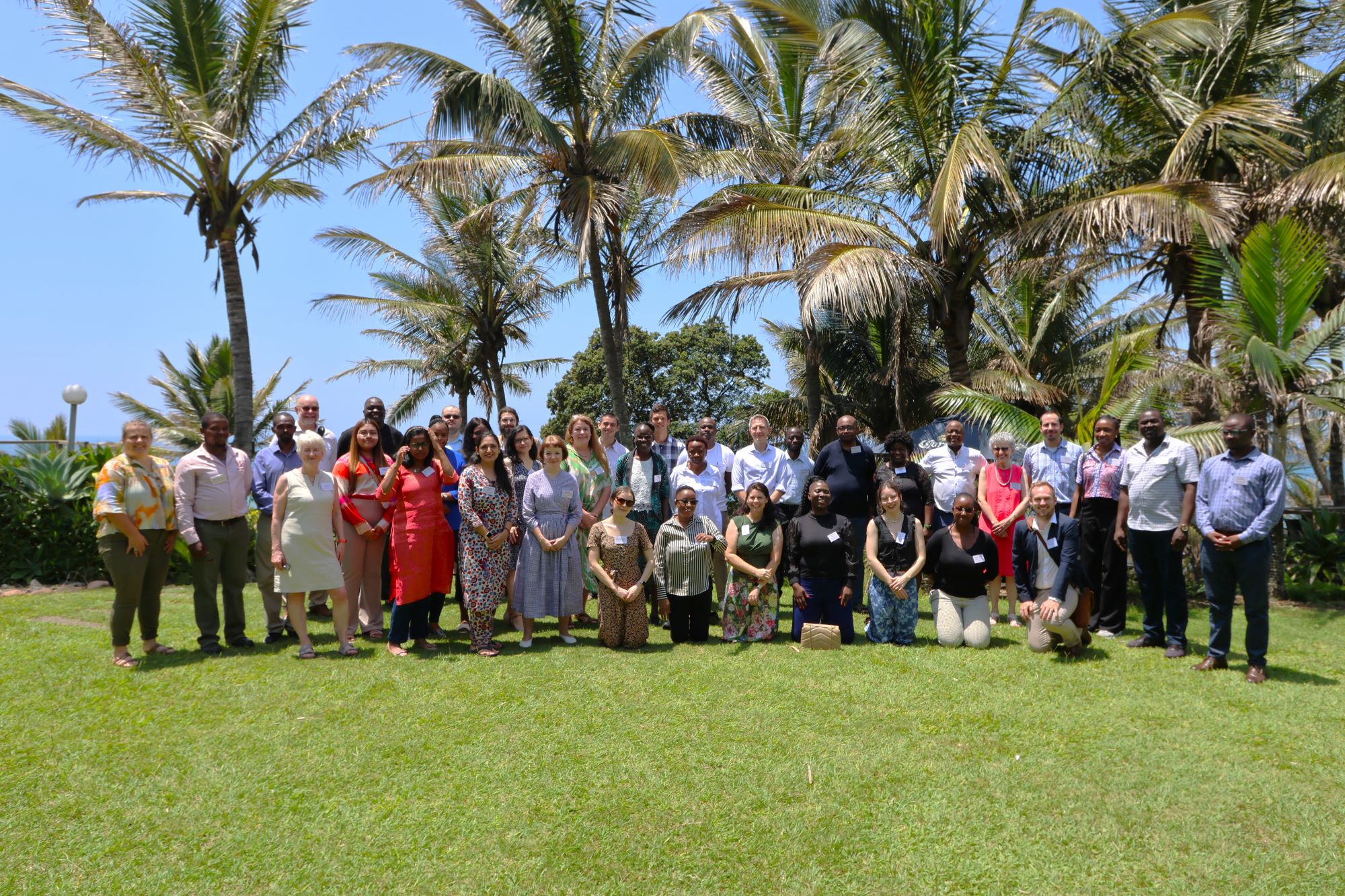
About TEA@SUNRISE
TEA@SUNRISE will enable sustainable, affordable, next-generation solar photovoltaics (PV) to be manufactured locally in countries in Africa, Asia, and the Indo-Pacific.
Our vision is a just, equitable, and sustainable energy transition through the development of next-generation photovoltaics.
Building on the pre-existing SUNRISE network, TEA@SUNRISE (Transforming Energy Access at SUNRISE) is a collaboration between the UK and countries in Africa, Asia, and the Indo-Pacific. Led by Swansea University, the project is forming an international, inclusive, and interdisciplinary network. This team of experts will help us identify and deliver opportunities for next-generation PV.
With over 760 million people across the globe lacking access to energy and many others struggling with an unpredictable or costly supply, next-generation PV technologies offer an affordable, reliable, and sustainable solution.
Why Next-Generation Photovoltaics?
PV has become one of the fastest growing energy technologies worldwide. However silicon PV, which currently dominates the market, faces limitations. The manufacturing process needs a hefty initial investment, and consumes substantial amounts of critical materials and energy.
Next-generation technologies, such as perovskites, have a lower cost potential, use fewer critical materials, and are more efficient compared to silicon.
Furthermore, diversifying from dependence on silicon as a solar technology reduces the risks involved with tackling such huge challenges as the climate crisis and global energy poverty.
The Local Manufacturing Potential for Next-Generation Photovoltaics
Current manufacturing of silicon is located far from where the rapidly emerging economies of the Global South require energy, creating logistical challenges.
New materials such as perovskites present an opportunity to bring PV manufacturing much closer to its point of use. Local manufacturing could reduce logistics costs, create jobs, and use lower-carbon sources of energy.
Designing Photovoltaics for a Circular Economy
This next-generation of materials also offers a unique opportunity to design for ease of re-use and re-manufacture from the outset. We will ensure that technologies are designed for a circular economy to minimise waste and use of critical materials. Aligning with circular economy principles will also help retain valuable materials in productive processes, and facilitate a more efficient manufacturing sector.
Inclusive Collaborations
To achieve a just and equitable energy transition, all TEA@SUNRISE activities are co-designed and co-developed to ensure they are appropriate and inclusive. We recognise that achieving our mission requires the inclusion and active participation of diverse voices, particularly those of women and other underrepresented or marginalised groups.
Read our Gender Equality, Disability and Inclusion Statement here.
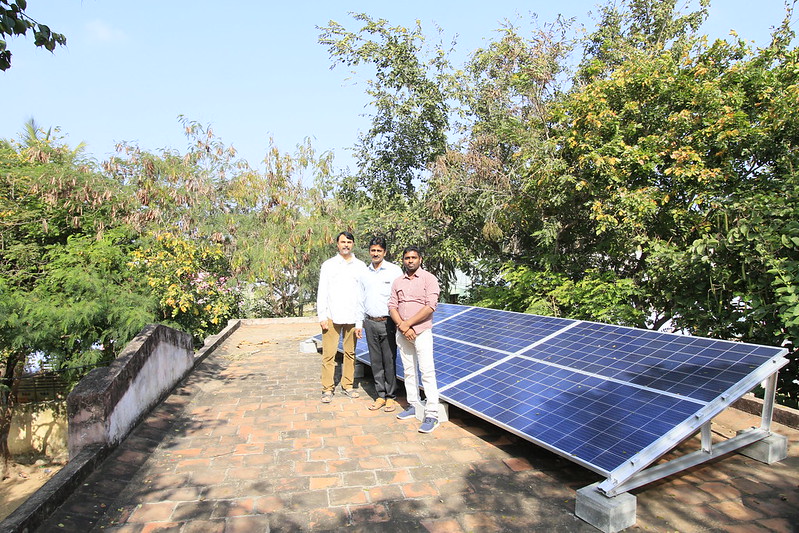
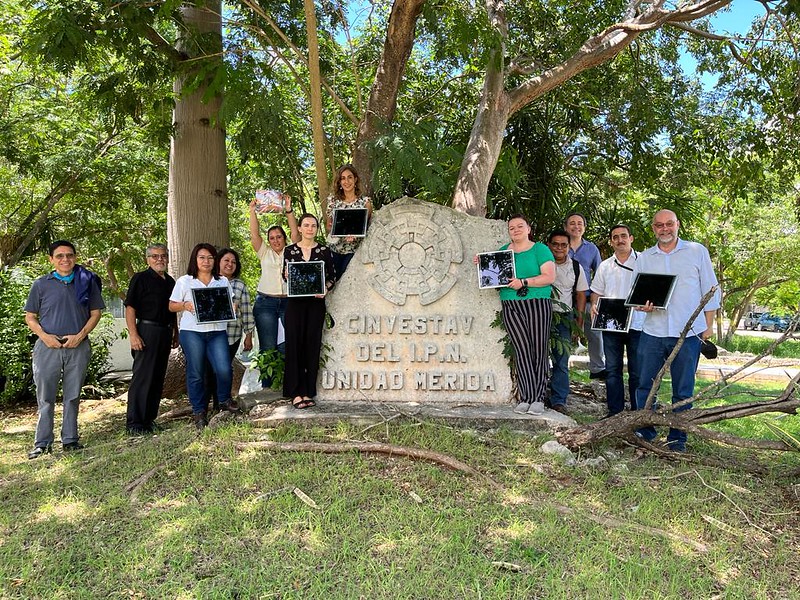
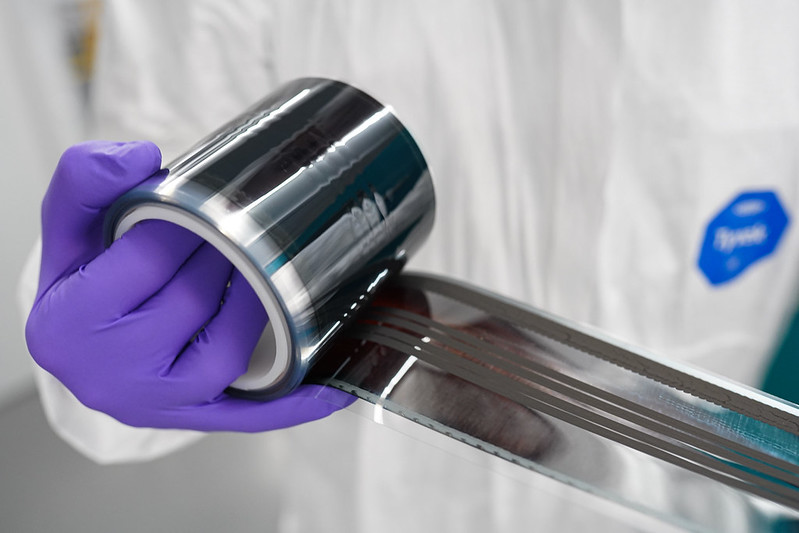
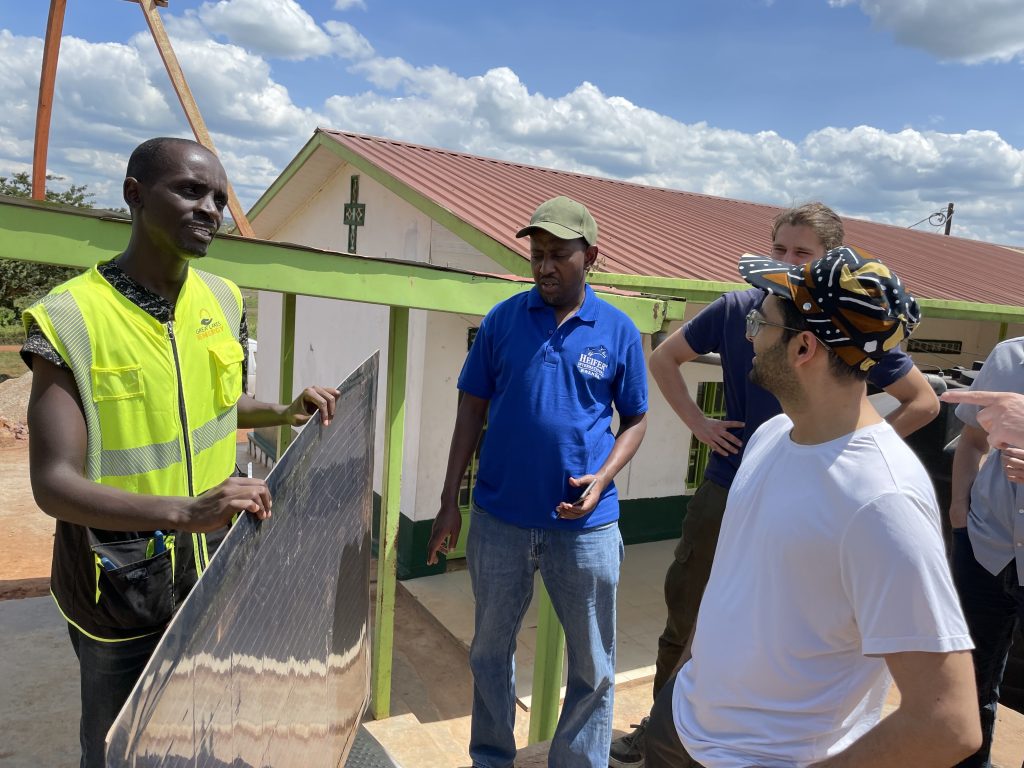
Top right: Researchers from SPECIFIC and CINVESTAV Merida holding printed carbon perovskite solar cells.
Bottom left: An example of next-generation PV: fully roll-to-roll printed perovskite solar cells developed at SPECIFIC IKC.
Bottom right: Honore Basazababo of Great Lakes Energy Ltd holding a non-glass silicon solar module. The module was being installed as part of an Innovate UK Energy Catalyst project with Solapak Development Ltd and Heifer International to improve energy access at a Milk Collection Centre in Kigali, Rwanda.
Meet the Team
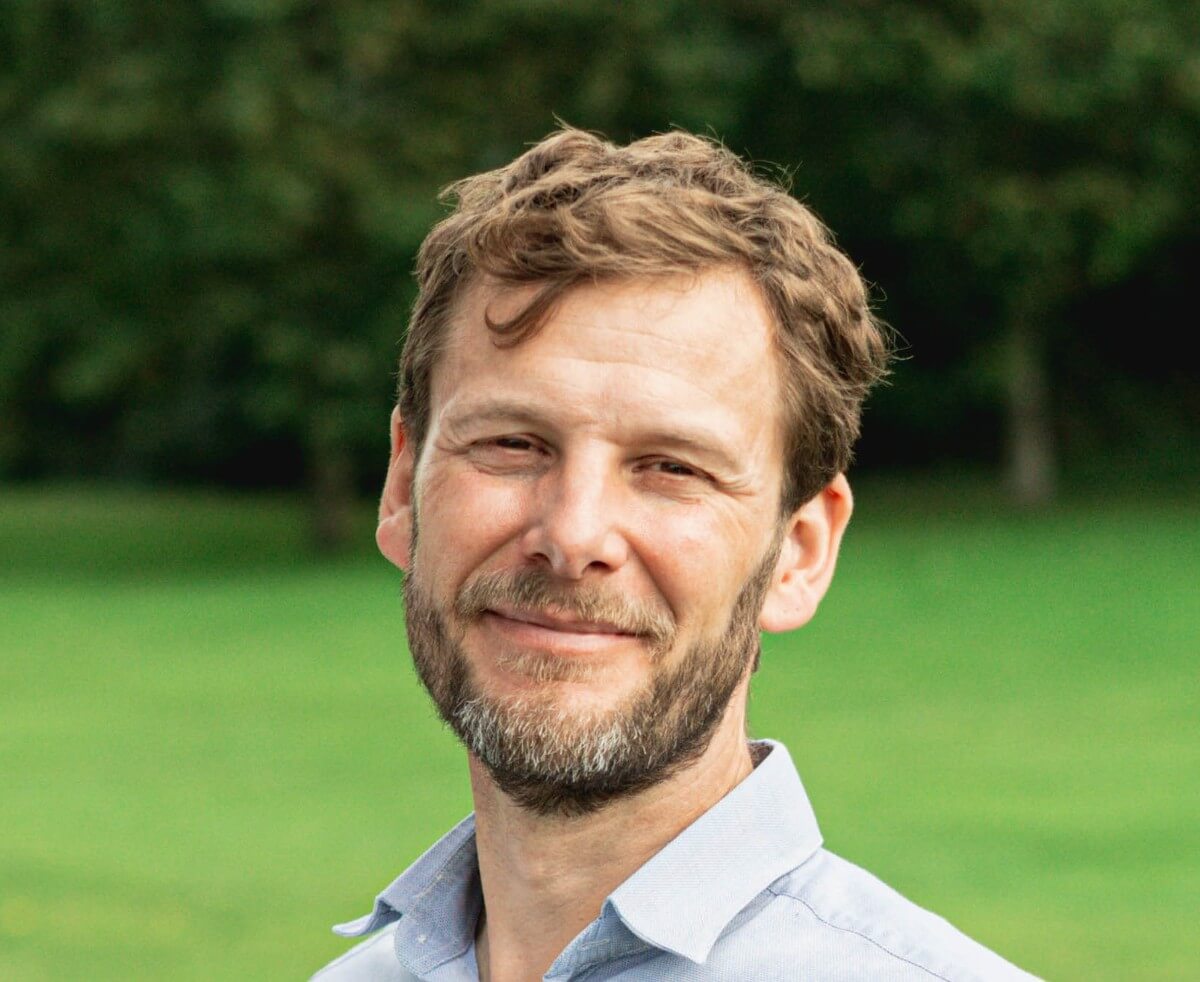
Dr Mark Spratt
Project Lead

Prof Matthew Davies
Principal Investigator
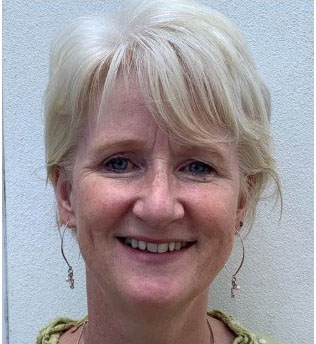
Dr Carol Maddock
Inclusivity Lead

Sara Walters
Project officer

Georgia Bevan
Communications Officer
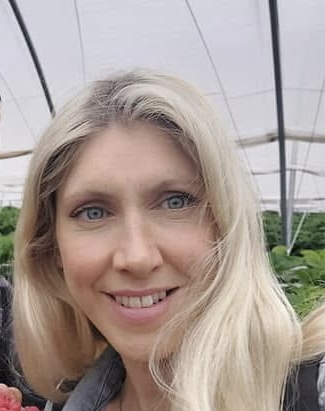
Chantal Bideleux
Senior Project Officer
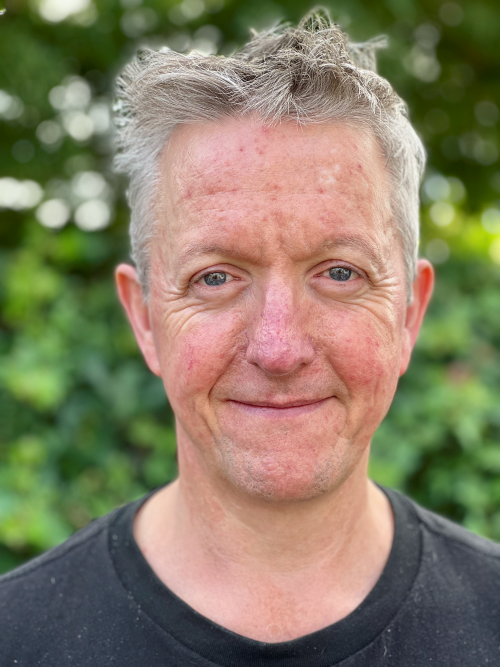
Dr Aelwyn Williams
Senior Research Officer – Inclusivity
About Transforming Energy Access (TEA)
TEA@SUNRISE is part of the Transforming Energy Access platform funded by UK aid from the UK Government to support the technologies, business models and skills needed to enable an inclusive, clean energy transition.
Transforming Energy Access (TEA) is the flagship FCDO research and innovation programme supporting early-stage testing and scale-up of innovative technologies and business models that accelerate access to affordable, clean energy for poor households, enterprises, and social institutions in developing countries across sub-Saharan Africa, South Asia, and the Indo-Pacific. This includes support to innovations across the three Ayrton Fund themes of clean supply, super-efficient demand and smart delivery, as well as integration of solutions across the three. In late 2021, a £126m scale-up of the platform was announced at COP26, further advancing TEA into a major delivery platform for the Ayrton Fund focused on delivering innovations enabling a Just Transition for the 733 million people who still lack access to electricity and the 2.4 billion people who cook using fuels detrimental to their health and the environment.


